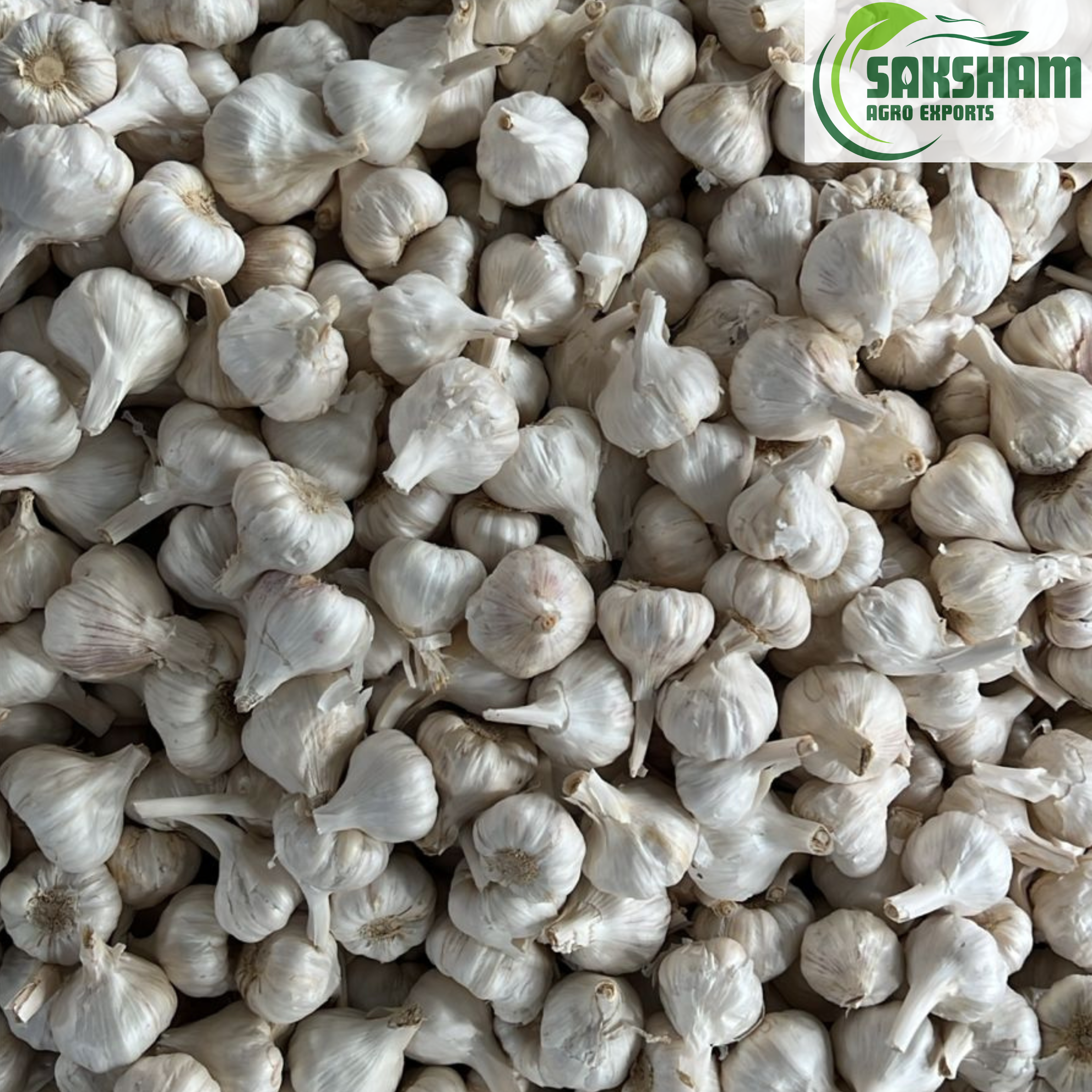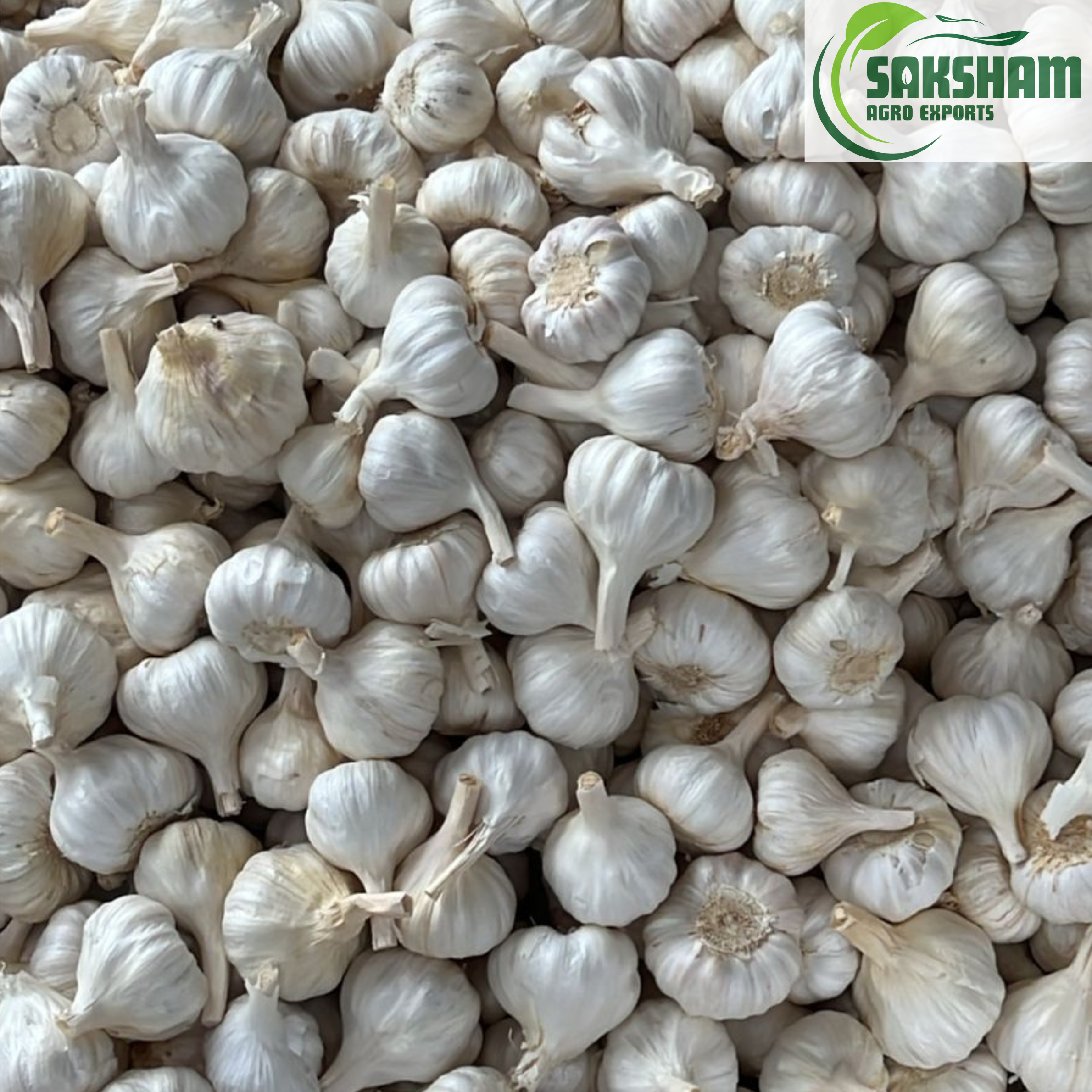Garlic (Allium sativum)
Scientific Name
- Allium sativum
Common Names
- English: Garlic
- Hindi: Lahsun
Description
Garlic, scientifically known as Allium sativum, is a perennial plant native to Central Asia and widely cultivated across the globe for its culinary and medicinal uses. The plant produces a bulb composed of multiple cloves with a strong aroma and pungent flavor, making it a staple spice in global cuisines. Itis also renowned in traditional medicine for its immunity-boosting, heart-protective, and antimicrobial properties.
Health Benefits
- Boosts Immunity – helps fight infections, colds, and flu.
- Heart Health – lowers bad cholesterol (LDL), improves circulation, and reduces blood pressure.
- Antimicrobial Properties – effective against bacteria, fungi, and viruses.
- Diabetes Support – helps regulate blood sugar levels.
- Anti-inflammatory – reduces joint pain, arthritis, and inflammation
Usage
- Culinary Use
- Widely used in cooking for flavor in curries, soups, sauces, pickles, and breads.
- Can be consumed raw, roasted, or cooked.
- Traditional & Home Remedies
- For Immunity: Raw cloves with warm water in the morning.
- For Cough/Cold: Boiled in milk or added to soups.
- For Blood Pressure: Capsules or raw cloves daily.
- For Skin: Paste applied externally for acne and fungal infections.


